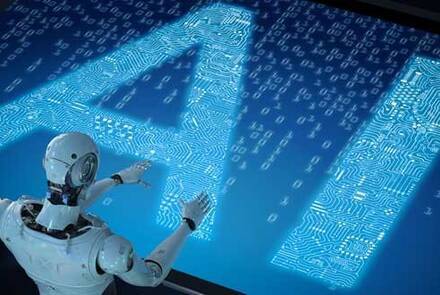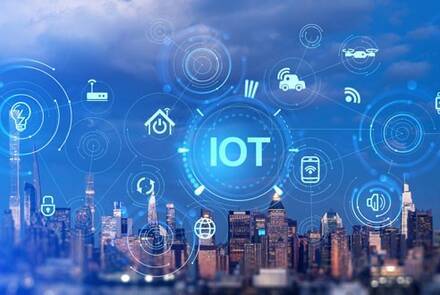Empowering Medicaid Beneficiaries through Modernized MMIS
In the pursuit of creating an inclusive and effective healthcare ecosystem, the modernization of Medicaid Management Information Systems (MMIS) and Enterprise Systems stands as a beacon of progress. These innovative advancements play a pivotal role in reshaping the healthcare landscape, enhancing access to services, and significantly improving the overall healthcare experience for Medicaid beneficiaries.
Revolutionizing Access to Healthcare Services
Traditionally, navigating the labyrinth of healthcare services under Medicaid posed considerable challenges for beneficiaries. However, the integration of modern technologies has transformed this landscape. Modernized MMIS and Enterprise Systems employ user-friendly interfaces, mobile applications, and online portals, making healthcare services more accessible and comprehensible (See more: Maximizing Value from MMIS Modernization). These systems serve as gateways, enabling beneficiaries to effortlessly check eligibility, schedule appointments, access vital health information, and even receive reminders for follow-ups, effectively breaking down barriers to entry.
Streamlining Administrative Processes for Efficiency
The integration of modern technologies into MMIS systems brings forth a wave of efficiency. These systems streamline administrative processes by consolidating and centralizing data, reducing bureaucratic hurdles, and expediting eligibility verification. Real-time data sharing between healthcare providers ensures seamless coordination and continuity of care, eliminating redundancies and ensuring beneficiaries receive timely and comprehensive services. By minimizing administrative burdens, these systems redirect focus towards what truly matters: the healthcare needs of beneficiaries.
Fostering Improved Communication and Engagement
Empowerment comes not just from access but from active engagement. Modernized MMIS systems facilitate improved communication channels between beneficiaries and healthcare providers. Secure messaging systems and telehealth services provide avenues for beneficiaries to interact with healthcare professionals, seek guidance, and access remote consultations. This engagement encourages a collaborative approach to healthcare, empowering beneficiaries to actively participate in decisions about their well-being.
Personalized Care Tailored to Individual Needs
The power of data analytics and predictive modeling within modernized systems enables personalized care approaches. By analyzing vast datasets, these systems can identify patterns, predict health risks, and tailor interventions to individual beneficiary needs. This proactive approach not only improves health outcomes but also reduces unnecessary healthcare expenditures by addressing issues before they escalate. Beneficiaries receive not just healthcare but care that is finely tuned to their unique requirements.
Equipping Beneficiaries Through Education and Resources
Beyond access and services, empowerment thrives on knowledge and resources. Modernized Medicaid MIS systems offer educational materials, guidance on community resources, and tools that empower beneficiaries with information to make informed healthcare decisions. These resources foster a better understanding of available healthcare options, encourage preventive measures, and support beneficiaries in taking charge of their health journey.
In essence, the modernization of MMIS and Enterprise Systems marks a fundamental shift in healthcare delivery, placing the needs and empowerment of beneficiaries at the forefront. These advancements not only optimize administrative processes but fundamentally transform the healthcare experience for millions reliant on Medicaid services.
As technology continues to evolve, the ongoing modernization of these systems must uphold the core principles of accessibility, engagement, and personalization. The true measure of success lies not merely in technological innovation but in the tangible improvements witnessed by beneficiaries – in their enhanced access, in their improved health outcomes, and in the empowerment, they experience through these modernized systems.
By continually striving to empower Medicaid beneficiaries through modernized systems, we pave the way for a more equitable, inclusive, and compassionate healthcare landscape, where every individual can access the care, they need and deserve.
Conclusion
In the dynamic landscape of healthcare, the modernization of Medicaid Management Information Systems and Enterprise Systems marks a transformative leap toward empowering beneficiaries. By enhancing access, streamlining processes, fostering engagement, offering personalized care, and providing educational resources, these systems redefine the healthcare experience. Their ongoing evolution signifies a commitment to ensuring that Medicaid beneficiaries not only access healthcare services but actively participate in their health journey, fostering a more equitable and patient-centered healthcare ecosystem.
For more information about Trigyn’s Medicaid MMIS Services, Contact Us.






